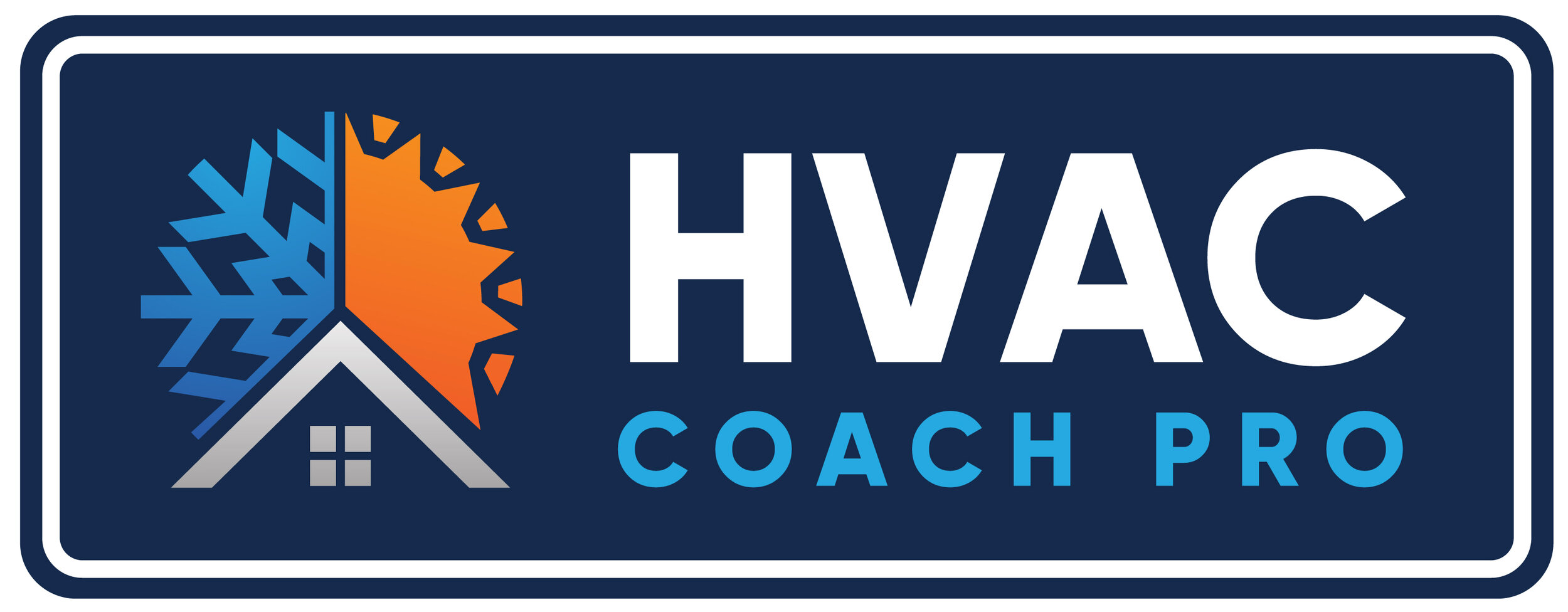The 4 Ps: Process, People, Product, Promote (Part 2 People)
People
The people within an organization are the recipe for how good the company will be. You don’t necessarily need a bunch of superstars. Actually it would be better not to have any superstars but rather to have people who are slightly above average in performance and very coachable.
The more coachable one is the more that person can mature as the business matures. The first “people” we want to discuss are techs. Techs typically are very technical nature, enjoy fixing things, but do NOT enjoy charging people to fix said things or selling things. They also typically want to perform the repair as they see what is “needed” rather than providing various options.
On a residence, the main problem with this strategy is that all future liability was just transferred to the repair company. If something breaks on that unit in the near future, what you will hear is, “Tech Johnny was just here and he said all I needed was XYZ, now it is broke again, doing the same thing.”
The reason why this is discussed in “people” category, is because it is so important to understand people and the dynamic they play in the business. Also designing systems that assist the people and the customer are important for a successful customer experience. You can start to see how “process,” “people,” “product” are starting to blend together. This is why working with a business coach to get your pillars right is so crucial.
With a system in place one could offer various repair options, by simply asking the customer “which option works best for you Mrs Smith?” After all, it is her checkbook and her system. This puts the liability, right where it should be, with the customer. It is the customer’s choice to choose what the WANT to do with their system, not what we may think they NEED to do with their system. Also by using an option based approach the technician does NOT need to be a salesperson, which they loath but rather a diagnostic advisor.
Customers are part of the “people” category as well.
Ensuring you have a good understanding of your customers wants and expectations is vital. Setting the bar above the standards is very important.
Imagine if you set the bar in the customers mind that a shoe covers are always worn by everyone in your company, or a phone call is made every time to just to let the customer know you are on the way is performed, imagine how powerful this becomes. In their mind it becomes the new standard to which all contractors are measured.
If they ever leave you for whatever reason, you set the bar for the next company to follow. What do you think happens once the next company doesn’t meet those expectations?
Your odds of getting that customer back increase greatly by your ability to set the standard. Retention of customers should be as much as (if not greater than) the focus as acquiring customers. As you work more ON your business and less IN your business your role becomes more of providing leadership and direction to your team members through process and innovation to solve the needs of the customer.
Also motivation of the people within the business to follow this structure will become paramount to achieve your goals. Organized weekly meetings with agendas become the communication style in order to embrace thought leadership with good communication. Not only are you a steward to your customers, you are also a steward to your people. The more self aware you as a leader become, the easier it becomes to lead. Also being proactive vs reactive solves many challenges within an organization.
More good reads: “Insight” by Tasha Eurich, about the power of self-awareness, and “Dare To Lead” by Brené Brown, which teaches us about putting leadership ideas into practice.
